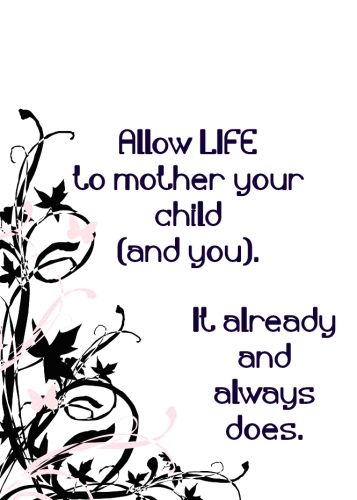-
The Seaweed on the Pillow, a fairy tale for enlightenment
-
The New Bride Who Was Frightened, a fairy tale for enlightenment
The men are away from home to fight a holy war, a thing which exists not. The women wait and hope and gather together to bake flat cakes on hot hearthstones. Tonight there shall be meat pie! Yet more is needed for hearts so in fear. Come, gather round the crone. She is ready to tell her tiny tale, so open you mind and heart and find what meaning you will.


Nuns found a new bride weeping outside their abbey.
They brought her to the prioress, who was busy whispering spells in the cloister round a garden of trees laden with plum, quince, and bitter orange.
“She is scorned and thrown away,” the nuns explained. “We must needs pray to St. Wilgefortis, our patron who cares for women with bad husbands!”
The prioress was familiar with such a need. For men in these dark days did blame women for any matter of evil, imagined or not. She nodded and sent the nuns to contemplate in the nave whatever they wished, and eyed the new bride. “Why do you weep?” she inquired.
“I am so frightened,” the new bride answered in trembling voice.
 “My husband accused me of despoiling tombs so that a throng did try to stone me. This morn he returned me to my childhood home. My father cursed me, saying the truth must be I made a cuckold of my husband. I am all alone in the world, a terrible place! What good can come to me now?”
“My husband accused me of despoiling tombs so that a throng did try to stone me. This morn he returned me to my childhood home. My father cursed me, saying the truth must be I made a cuckold of my husband. I am all alone in the world, a terrible place! What good can come to me now?”“I wonder indeed. Walk with me.”
The new bride sobbed as she strolled beneath beautiful stone arches swaying atop columns of thorned roses. “Oh, what good can come to me now?” she wailed over and again. After a time, she became hungry and noticed within the garden the many fruit trees. “Are those plums?” she asked, sniffling. She wondered had the nuns baked on this day a fine plum pie.
“Not yet ripe. But wait.” The prioress waved her hand, and the fruit grew plump and heavy. “There now. My daughter, did you notice where on the trees the fruit grows?”
“All over,” the new bride said as she plucked a plum and bit deep. Juice dribbled down her chin.
The prioress moved to stand beside a tree, her wimple grazing its leaves. She gazed at the plums with serious face. “Nay. Fruit does not grow on the wide trunk of the tree, nor even where the tree divides into thick branches. Do you see? The fruit is found hanging on thin limbs. Why do you suppose this is?”
“I do not know, Prioress.”
“You speak a good answer,” the prioress praised. “For we do not understand why things are as they are, but surely, fruit loves to grow where the tree is most fragile.”
With this, the prioress lifted the new bride’s chin with an age-spotted finger. “And so shall you bear fruit where you are most fragile. Have faith and do not despair. Be bright and alert. For good can come to you most especially now.”
This is a citrusy take on the saying, “It’s darkest before the dawn.”
For whatever reason, it’s true that when we’re broken, the light gets in so much easier. Remember that even when you’re afraid of the dark, your soul is not. So, be bright and alert and brave when you experience a dark night, for that is when your soul most often bears fruit in this world.
And that is EXACTLY how heaven comes to earth.




